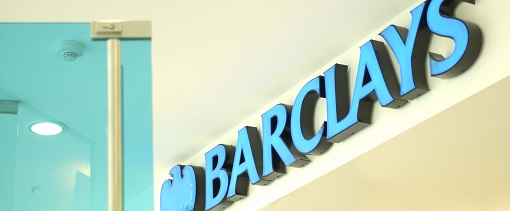2016 will be the year that the digital payments market leaves its growing pains behind, according to Worldpay. The company says we will see “the third age of digital payments” now that eWallets are growing in popularity, NFC offerings from the likes of Apple, Samsung, and Google are fighting for mass appeal, and both banks and brands are rolling out their own mobile payment apps to compete for consumer loyalty. There will, however, be a period of consolidation as there are currently too may apps and wallets fighting for consumers' attention.
2016 will also be a breakthrough year for Alternative Payment Methods (APMs), Worldpay predicts. In its latest Global Payment Report, it found that APMs inched past card payments for the first time ever with 51 per cent of market share. It believes this gap will widen in 2016 and beyond as more consumers opt for the convenience of “e” payment options over traditional plastic.
eWallets, meanwhile, will overtake credit cards in the global e-commerce market by 2019, accounting for 27 per cent of global turnover compared with credit cards’ 24 per cent. Additional APMs will account for a significant portion of the remaining market alongside traditional debit card, bank transfer and cash payments. Kevin Dallas, chief product officer, global e-commerce at Worldpay says: “The first age of digital payments kicked off with the e-commerce boom in the early 2000s when companies like PayPal and AliPay introduced eWallets to the mainstream. The second phase coincided with the rise of the smartphone at the beginning of the decade, and we’ve since seen a proliferation of new mobile apps that quickly raised the bar for convenience in payments. However, with so many options being rolled out so quickly, a sense of app fatigue has begun to set in leaving both consumers and merchants unsure of which approach is best and questioning the convenience of using multiple eWallets. I expect the next few years will see a consolidation of the market as the public hones in on their preferred payment methods and conscientious merchants feel more confident buying into technologies that their customers have already embraced."
Latest News
-
Gemini to cut quarter of workforce and exit UK, EU and Australia as crypto slump forces retrenchment
-
Bank ABC’s mobile-only ila bank migrates to core banking platform
-
Visa launches platform to accelerate small business growth in US
-
NatWest to expand Accelerator programme to 50,000 members in 2026
-
BBVA joins European stablecoin coalition
-
eToro partners with Amundi to launch equity portfolio with exposure to ‘megatrends’
Creating value together: Strategic partnerships in the age of GCCs
As Global Capability Centres reshape the financial services landscape, one question stands out: how do leading banks balance in-house innovation with strategic partnerships to drive real transformation?
Data trust in the AI era: Building customer confidence through responsible banking
In the second episode of FStech’s three-part video podcast series sponsored by HCLTech, Sudip Lahiri, Executive Vice President & Head of Financial Services for Europe & UKI at HCLTech examines the critical relationship between data trust, transparency, and responsible AI implementation in financial services.
Banking's GenAI evolution: Beyond the hype, building the future
In the first episode of a three-part video podcast series sponsored by HCLTech, Sudip Lahiri, Executive Vice President & Head of Financial Services for Europe & UKI at HCLTech explores how financial institutions can navigate the transformative potential of Generative AI while building lasting foundations for innovation.
Beyond compliance: Building unshakeable operational resilience in financial services
In today's rapidly evolving financial landscape, operational resilience has become a critical focus for institutions worldwide. As regulatory requirements grow more complex and cyber threats, particularly ransomware, become increasingly sophisticated, financial services providers must adapt and strengthen their defences. The intersection of compliance, technology, and security presents both challenges and opportunities.
© 2019 Perspective Publishing Privacy & Cookies













Recent Stories